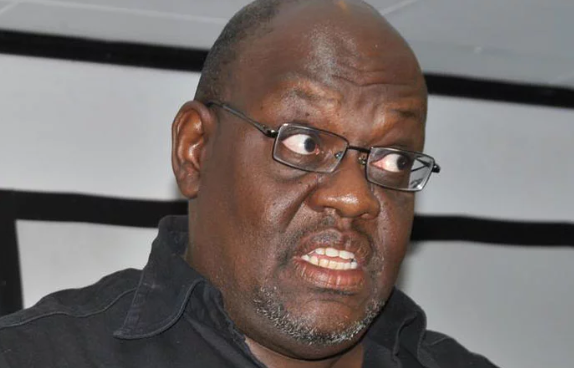×
The Standard e-Paper
Smart Minds Choose Us

The threshold for whistleblowing was taken a notch higher after courts slapped former PS Governance and ethics John Githongo with a hefty Sh27 million fine for failure to adduce ironclad evidence on the Anglo leasing case.
The setback that befell the former anti-corruption czar has put the spotlight on the whistle-blowers who have been volunteering information on the war against graft.